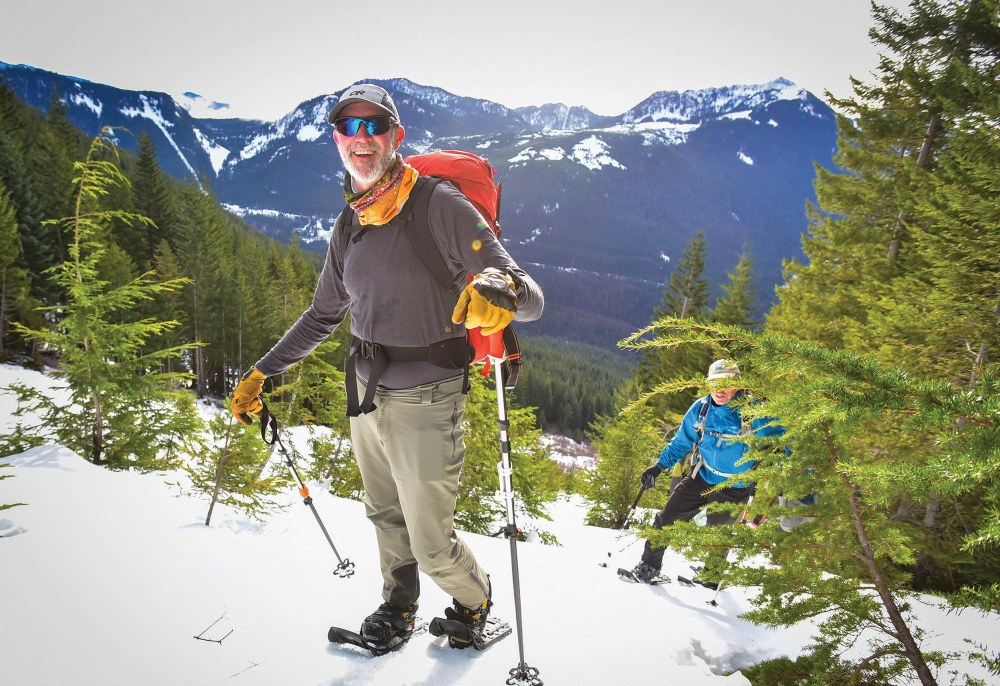
The Mountaineers has a longstanding commitment to promoting safety in the outdoors. Historically, that commitment has focused on physical safety. I was thrilled last year when we rolled out Emotional Safety in the Outdoors, a new online course designed to help leaders and instructors foster emotionally safe trip environments that ensure physically safe outcomes.
Emotional Safety in the Outdoors has been well-received by our community. Through July 2024, more than 75 people have completed the course. Emotional Safety in the Outdoors has also been a catalyst for important conversations across The Mountaineers as leaders and instructors commit to fostering emotional safety in an effort to become a more equitable, inclusive organization.
A great example of the work being done within The Mountaineers to encourage emotional safety is a recent emotional safety workshop hosted by leaders from the Foothills and Seattle Branches. The workshop created a space for participants to discuss how the ideas introduced in the course should be applied to programs across The Mountaineers. Following the workshop, the organizers shared specific, tangible best practices for building a culture of emotional safety in trips and within committees. Grassroots efforts like this demonstrate our leaders’ broad commitment and willingness to lean into the ways we can and should change to create a stronger culture of emotionally safe trips with physically safe outcomes.
In outdoor leadership and risk management, we often identify emotional safety in the context of “human factors.” Human factors are usually described in relation to brain functionality and the biases that lead to poor decisions. For example, “summit fever” is a bias that can cause our brain to disregard observations that would otherwise support a decision to turn back on an objective. The “expert halo” is another human factor that describes when members of a group defer to someone they perceive as being the expert which, at times, involves overriding personal responses to risky situations.
If we don’t create an environment where emotional safety is prioritized, people can feel discouraged to speak up, causing inequitable and unsafe outdoor experiences. Feeling emotionally unsafe is a human factor that is just as dangerous as summit fever or the expert halo. If an individual doesn’t feel their perspective is valued, they may not voice if they have a concern, thus creating a more vulnerable trip and compromising decision making.
As an AIARE 1 instructor, I’ve started integrating the emotional aspects of risk management into the course curriculum, alongside technical tops like snow science. The reality is that understanding and addressing human factors and creating emotionally safe environments in the backcountry are just as important as technical considerations such as route planning, terrain selection, and weather observations. For folks in our community – especially our leaders – who haven’t yet taken the Emotional Safety in the Outdoors course, I’d strongly recommend it. Safe travels!
 Tom Vogl
Tom Vogl